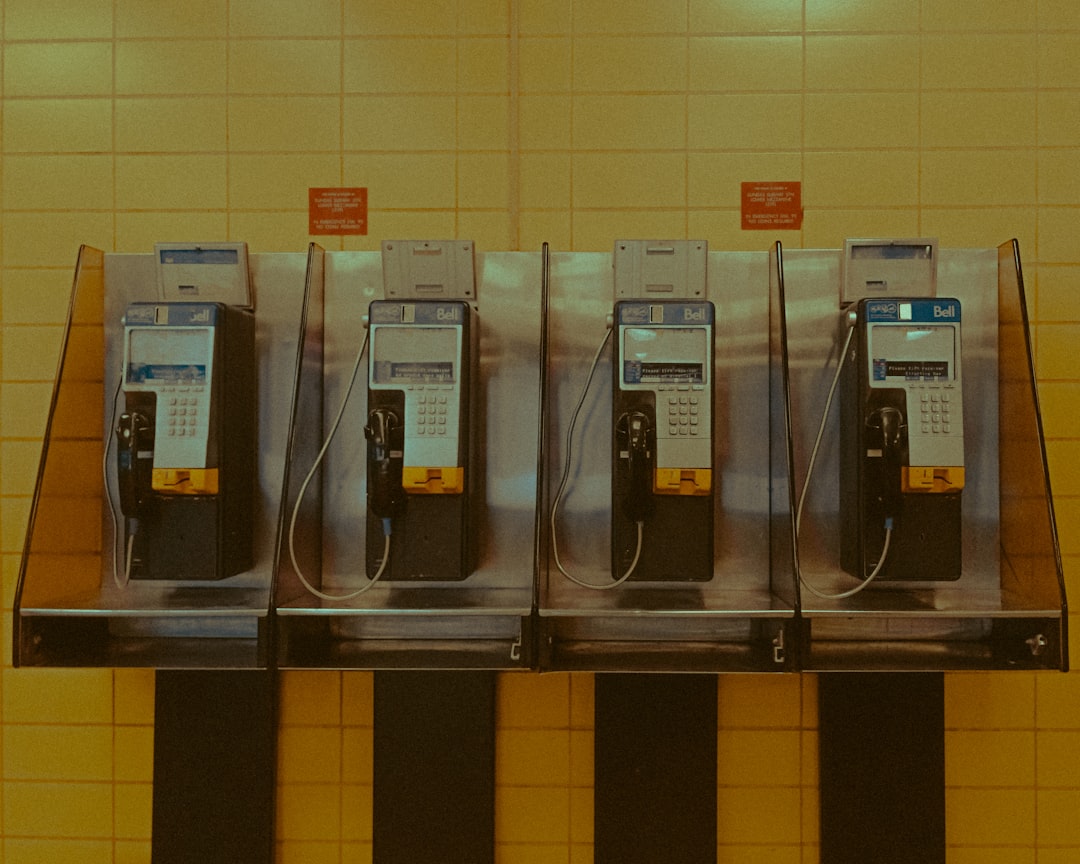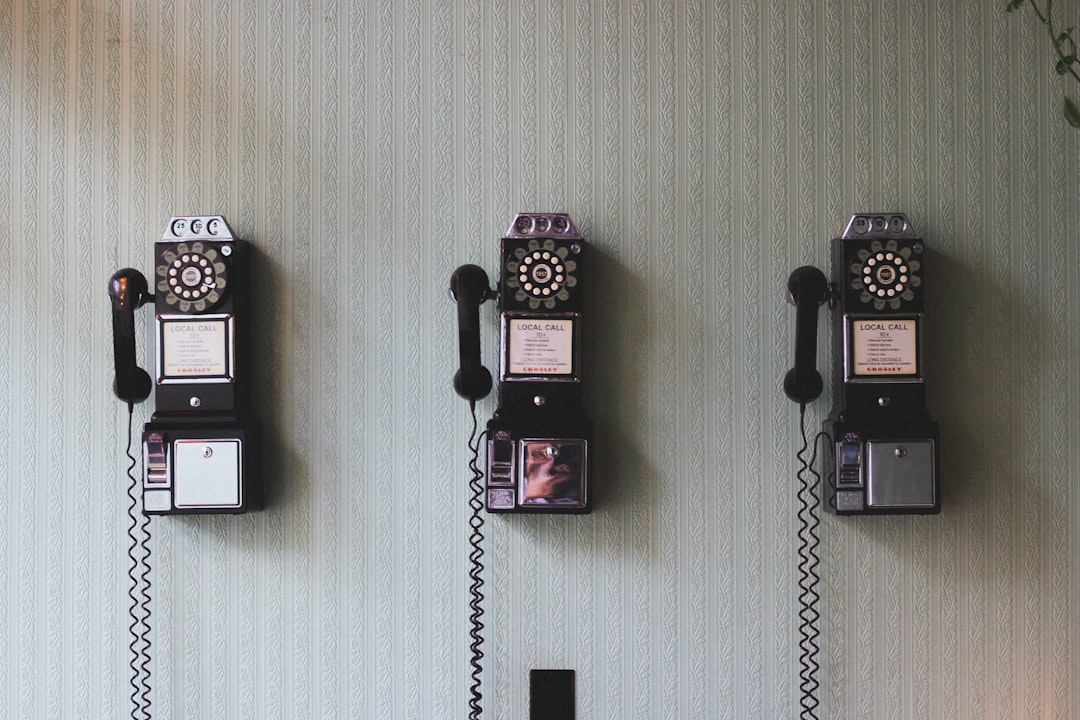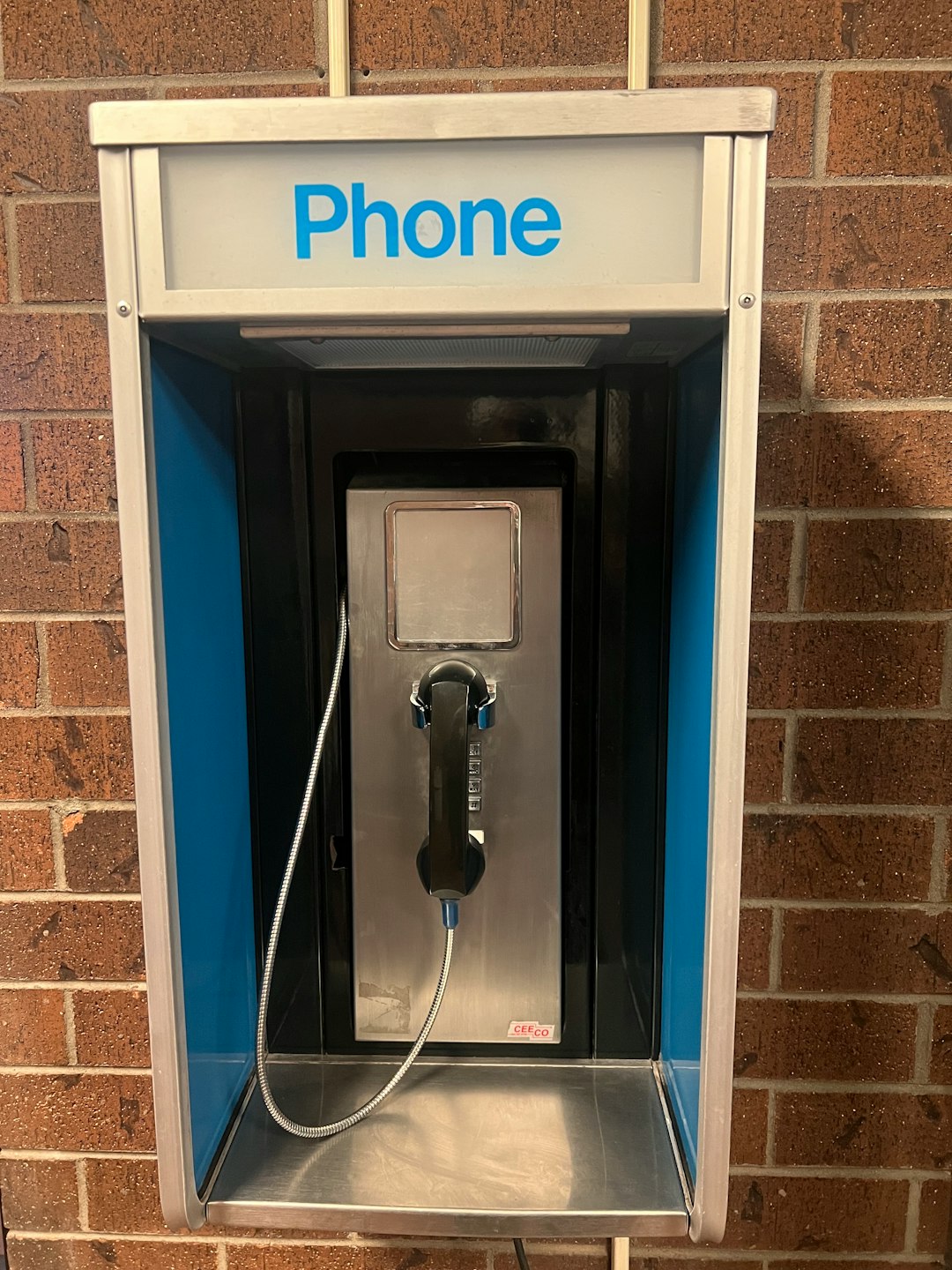Political robocalls in Minnesota are regulated by state and federal laws. Residents can file complaints with the Minnesota Public Utilities Commission (MPUC) and consult robocall lawyers or spam call law firms for legal options against unwanted calls, texts, and misinformation. These experts navigate Do Not Call laws, represent clients, and minimize intrusive political messaging during elections.
In the digital age, political robocalls have become a ubiquitous yet unwanted part of Minnesota’s elections. This guide aims to empower voters with knowledge and tools to combat this issue. We’ll explore Minnesota’s Do-Not-Call List and its limitations, delve into legal protections against spam calls, and provide step-by-step instructions on filing complaints. Additionally, we’ll discuss the crucial role of law firms in combating robocalls through innovative strategies, offering hope for a quieter, more informed political landscape. If you’re seeking relief from unwanted texts or need a robocall lawyer in Minnesota, this article is your starting point.
Understanding Political Robocalls in Minnesota
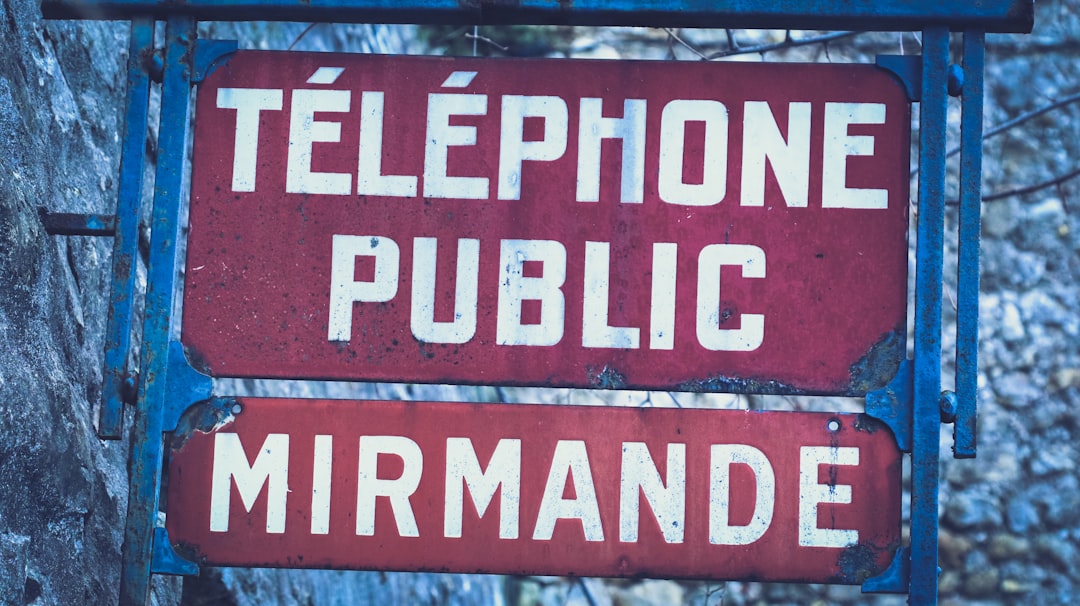
Political robocalls have become an increasingly common nuisance in Minnesota elections, with many residents receiving automated phone calls promoting specific candidates or causes. While political campaigns rely on these calls to reach a wide audience, they can also be seen as intrusive and unwanted by many voters. In Minnesota, both state and federal laws regulate robocalls to protect consumers from excessive or deceptive phone marketing.
Understanding the legal framework surrounding robocalls is crucial for both political organizations and individuals concerned about their rights. A robocall lawyer in Minnesota or a spam call law firm can help navigate these regulations, ensuring campaigns comply with the Do Not Call laws and respect individual privacy. If you’re tired of receiving unwanted texts or phone calls promoting political candidates, contacting a robocall attorney in Minnesota may be a step towards reclaiming your peace and quiet during election season.
Minnesota's Do-Not-Call List and Its Limits

In Minnesota, an effective tool to combat political robocalls is the state’s Do-Not-Call List, which allows residents to opt-out of receiving unwanted phone calls from political campaigns. However, this list has its limitations. While it significantly reduces the volume of nuisance calls, it doesn’t stop all political robocalls. Some campaigns may still use automated systems to dial numbers in bulk, bypassing the Do-Not-Call List altogether.
Moreover, the list only covers telephone calls and does not extend to text messages or other forms of digital communication often employed by political organizations. Individuals seeking relief from persistent political spam calls, including those from robocall lawyers Minnesota or robocall attorneys Minnesota, may need to turn to legal action. Engaging a reputable spam call law firm Minnesota or consulting with robocall lawyers Minnesota can help navigate the state’s robocall laws, such as the Minnesota Spam Call Act, to secure remedies for unwanted political communications through texts or other media.
Legal Protections Against Unwanted Calls

In Minnesota, there are robust legal protections in place to safeguard residents from political robocalls and spam calls. The state’s Do Not Call Registry allows individuals to register their phone numbers to opt-out of most telemarketing calls, including those from political campaigns. Violations of this registry can lead to legal action against the offending organizations or individuals.
Additionally, Minnesota has specific laws prohibiting unsolicited text messages, commonly known as spam texts. If you receive unwanted political robocalls or texts, consulting a robocall lawyer in Minnesota or a spam call law firm can help determine your legal options. Robocall attorneys in Minnesota specialize in navigating the state’s communication laws to ensure your rights are protected and to hold offenders accountable.
How to File a Complaint Against Robocallers
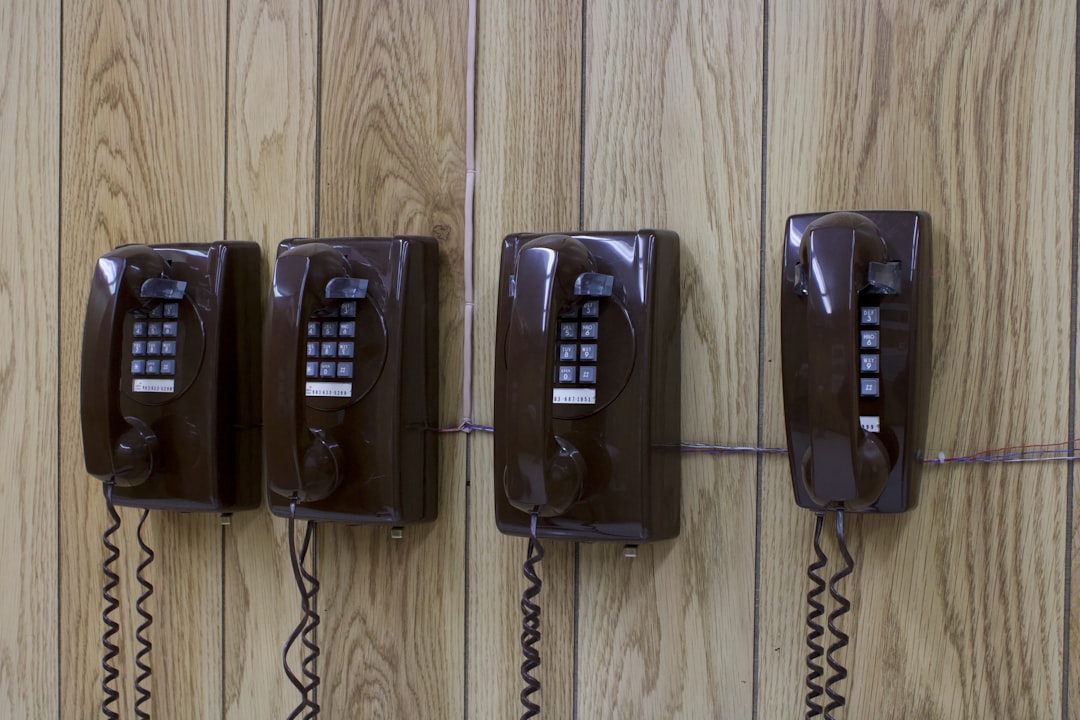
If you’ve received a political robocall in Minnesota that you believe is harassing or misleading, you have options. The first step is to file a complaint with the Minnesota Public Utilities Commission (MPUC). This regulatory body oversees telecommunications and can take action against companies making unwanted calls. You can file your complaint online through their official website or by calling their customer service hotline.
Additionally, considering legal recourse with a robocall lawyer in Minnesota or a spam call law firm may be beneficial. These attorneys specialize in navigating the state’s robocall laws, which are designed to protect residents from excessive and deceptive automated calls. A robocall attorney can help you understand your rights and take appropriate action, whether it involves contacting the caller directly, seeking legal penalties, or representing you in court if necessary. Don’t hesitate to reach out to a lawyer for unwanted texts or spam calls to ensure your rights are respected during Minnesota’s elections.
The Role of Law Firms in Stopping Spam Calls
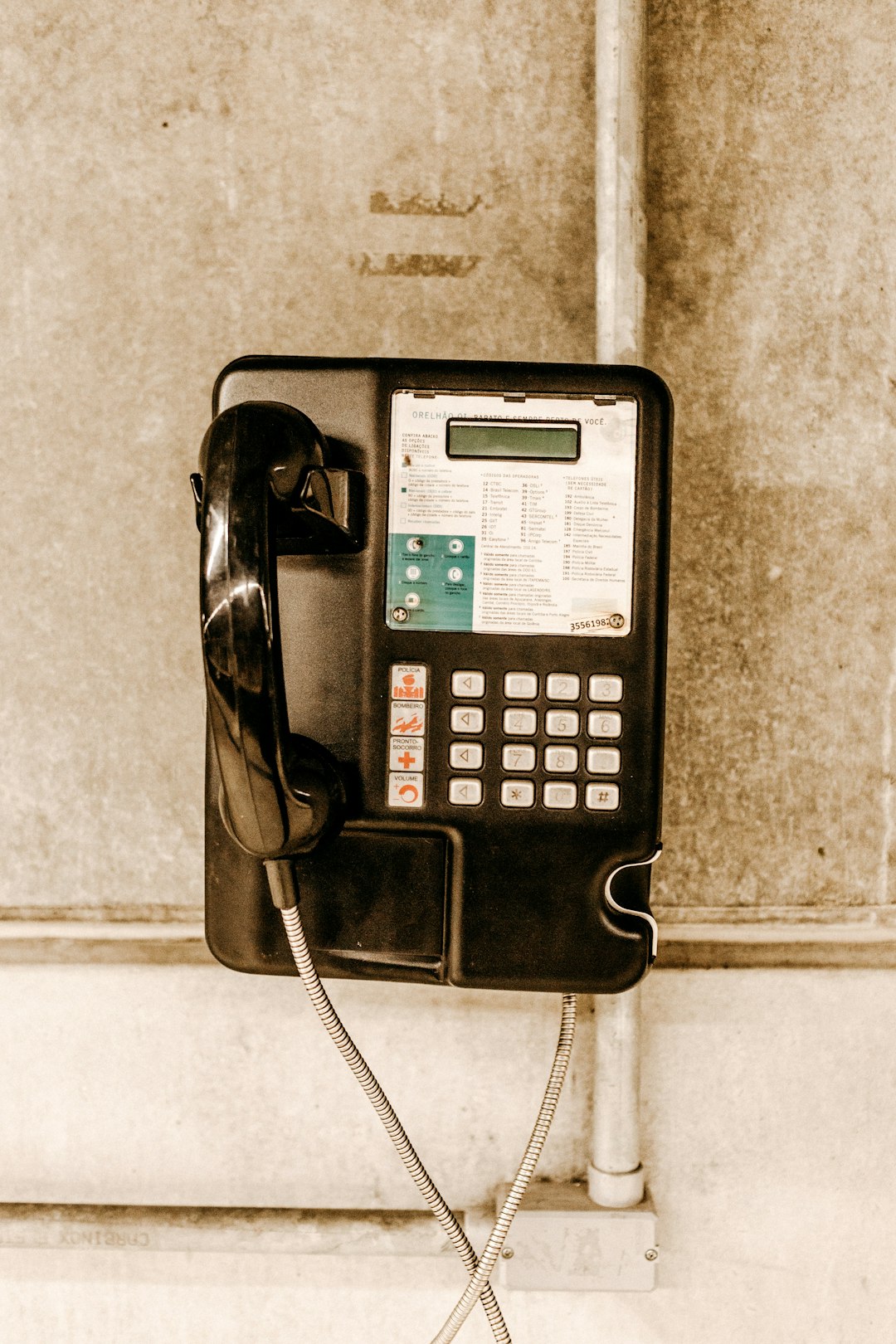
Many law firms in Minnesota play a crucial role in combating political robocalls and spam calls during elections. With expertise in telecommunications law and consumer protection, these legal professionals offer valuable assistance in navigating the complex web of regulations surrounding unwanted calls and texts. They can provide guidance on how to effectively file complaints with relevant authorities, such as the Minnesota Public Utilities Commission, which enforces do-not-call laws in the state.
Lawyers specializing in this area can also help individuals and organizations establish robust systems to block political robocalls and spam. This includes representing clients in legal actions against persistent violators, ensuring that their rights under Minnesota’s robust anti-robocall legislation are protected. By combining legal expertise with a deep understanding of consumer rights, law firms contribute significantly to minimizing the impact of intrusive political messaging on Minnesota voters.
